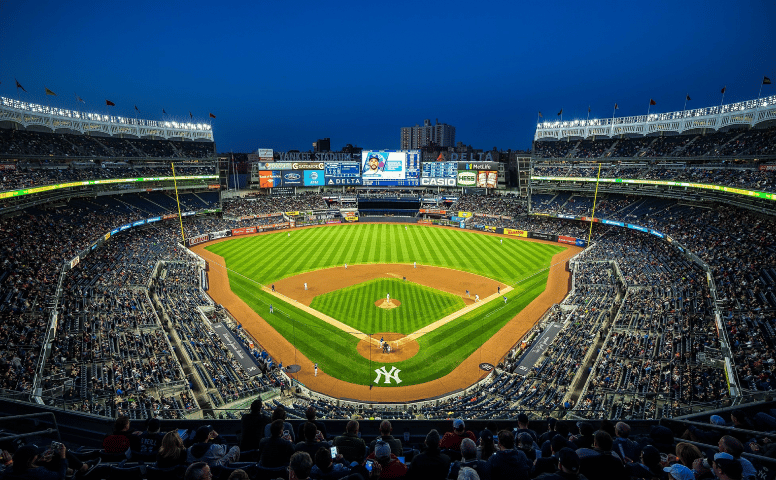How two-way radio can enhance security at stadiums


James Thorpe
Share this content
The top priority in organising any major event is safety. From sporting events to concerts, stadiums around the world host millions of attendees each year.
Creating a complete and safe experience while achieving efficient and simplified operations is paramount for stadium operations.
Security staff rely heavily on what they are equipped with to do their job, daily routine patrol and security checks and crowd management on event days. The challenge heightens especially on event days. They are scattered across different spots such as the parking lot, entrance, audience platform and backstage. To fulfil what they are assigned at different posts, the security staff must work as a connected team.
Two-way radios, no matter whether it’s analog or digital, are widely accepted as a standard workday EDC (Everyday Carry) tool for security staff, particularly for stadium security. Why? Two-way radios have some unique selling points:
- Availability – it is not rare that the carriers’ networks become congested when thousands of people gather in the same place and access the internet. As a dedicated system, the two-way radio system ensures the staff can talk whenever they want it
- Loud and clear audio – when the audience is shouting, chanting or singing, it is nearly impossible to hear the other people on the phone or to make yourself heard by others. Two-way radios usually come with high power speakers, much higher than mobile phones, and enable the staff to hear and be heard clearly
- Group call – there are other technologies for group communications. However, so far, two-way radio is still the one offering the easiest and quickest group calls
According to the needs of different stadiums, a corresponding number of two-way radios should be equipped as a useful tool for security personnel. Repeaters are usually deployed to cover the stadium and vicinity.
Push-To-Talk (PTT) technology provides real time voice communication in emergencies to manage crowd control, and incident handling, and respond quickly and accurately, protecting the safety of venues on a day-to-day operation basis. Digital two-way radios, e.g., Digital Mobile Radio (DMR), have a range of features that are useful for stadium security.
High usability
Noise is a big problem when communicating in large stadiums. Professional DMR two-way radios have noise cancellation technology that ensures the voice could be heard clearly, no matter how loud the background noise is. It is crucial in high pressure situations like managing large crowds.
Another thing to consider when managing a stadium with a two-way radio system is the transmission range; UHF/VHF radio has strong signal penetration and radio signals can pass through concrete walls and can be transmitted from one end of a very large stadium to the other.
Flexible grouping
From security staff to stadium maintenance staff, it is easier to manage if each working group has its own separate channel. For example, the security team might be on one channel and the hospitality on another, without interfering with each other.
On-site management
With two-way radios, security personnel can alert organisers about any suspicious people or activities. If there are delays in crowd flow, security personnel can re-route the crowd – and the event security teams can stick to an on-site management plan and ensure the event run smoothly.
Constantly connected
Compared to other public and cellular mobile systems, professional mobile radio (PMR) systems allow users to operate in any situation, coordinating staff in emergencies. In addition, it can be customised to meet the user’s needs. Two-way radios offer a wide range of call types, including person-to-group calls, individual calls, emergency calls and user network broadcasts.



